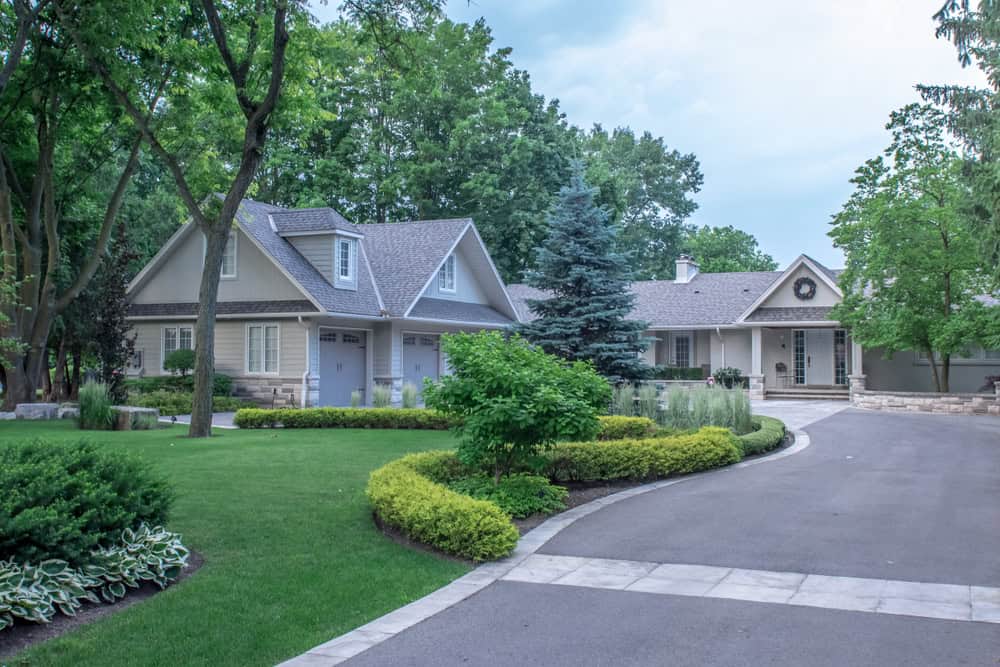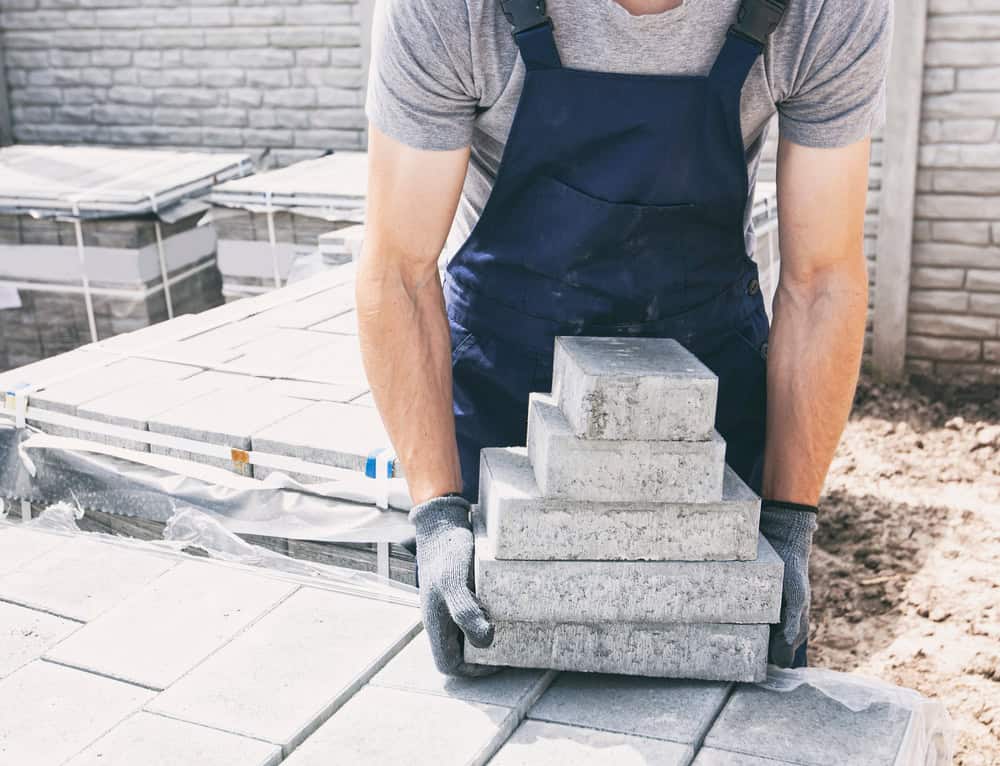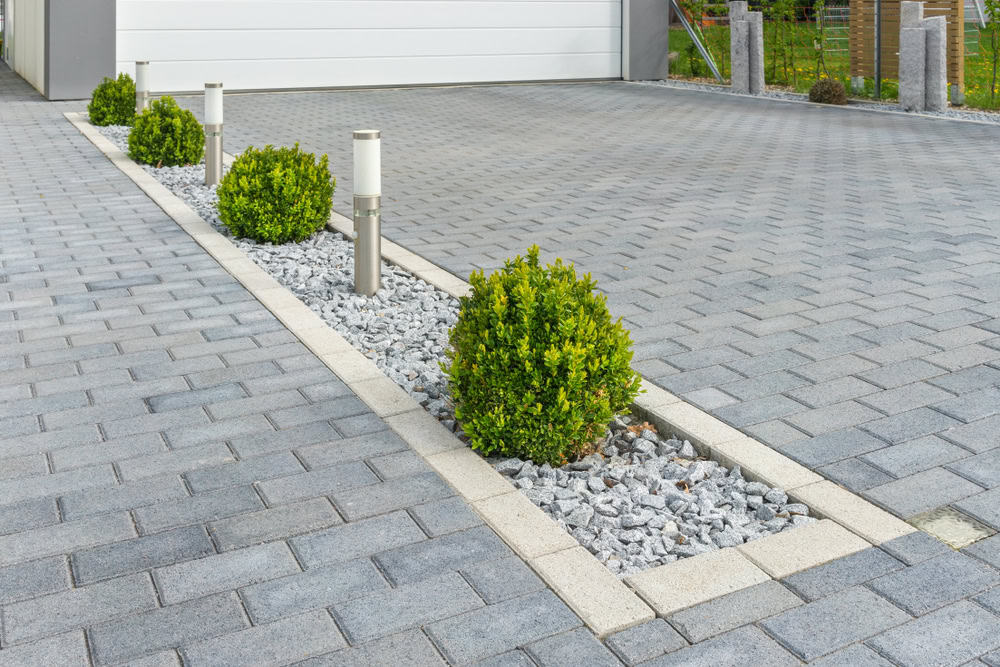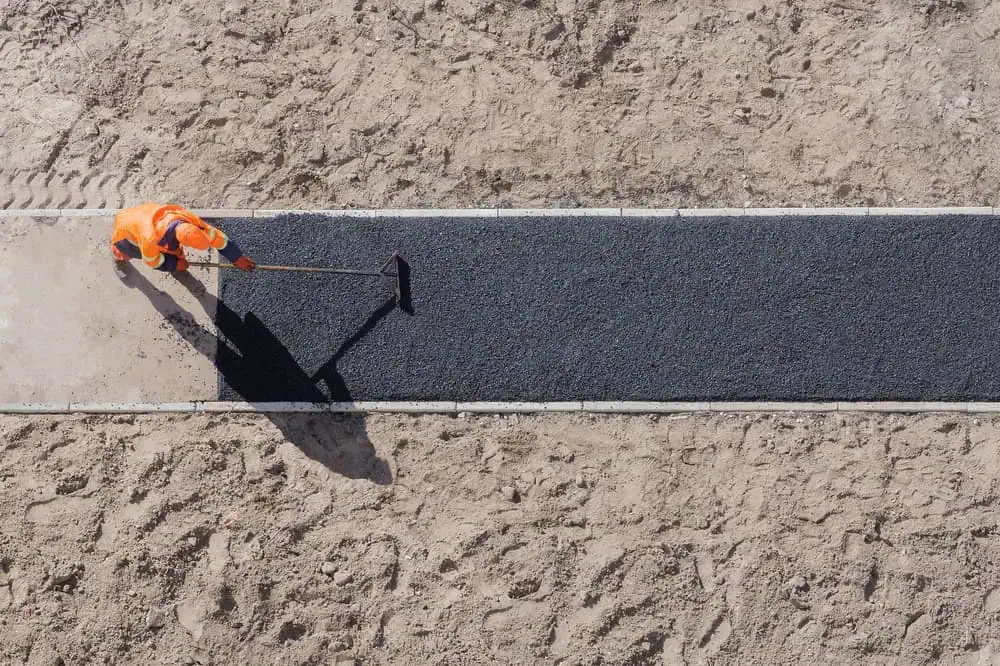Custom paver installation that handles New England weather and adds real value to your Groton property.


You get an outdoor space that works for your family year after year. No more dealing with cracked concrete or muddy patches where you want to relax.
Our paver installations create defined spaces for entertaining, dining, or just enjoying your yard. The materials we use handle freeze-thaw cycles without cracking or shifting.
Your property value goes up, your maintenance goes down. You’ll have a patio or walkway that looks good and functions properly for decades, not just a few seasons.
Academy Masonry has been handling paver installation throughout the Groton area for years. We understand local soil conditions, drainage challenges, and what materials work best in our climate.
You’re not getting a contractor who learned about New England weather from a manual. We’ve dealt with the clay soil, the frost heave, and the drainage issues that come with properties in this area.
Our installations stay level, drain properly, and look the same five years later as they did on day one.

First, we evaluate your space and discuss what you want to accomplish. We look at drainage, existing structures, and how you’ll actually use the area.
Next comes excavation and base preparation. This is where most problems start or get prevented. We dig to proper depth, install the right base materials, and ensure proper drainage away from your foundation.
Then we install the pavers with correct spacing and leveling. We use proven techniques for edge restraints and joint sand that keep everything locked in place. The final step is cleanup and a walkthrough so you know how to maintain your new space.

Ready to get started?
You get complete site preparation including excavation, proper base installation, and drainage management. We handle the permits and make sure everything meets local requirements.
The installation includes edge restraints, joint sand, and proper compaction. We use materials rated for New England freeze-thaw cycles because that’s what works here in Groton.
You also get cleanup, disposal of excavated materials, and a clear explanation of how to maintain your new pavers. We don’t disappear after installation – you have our contact information for any questions that come up.

Local Resources